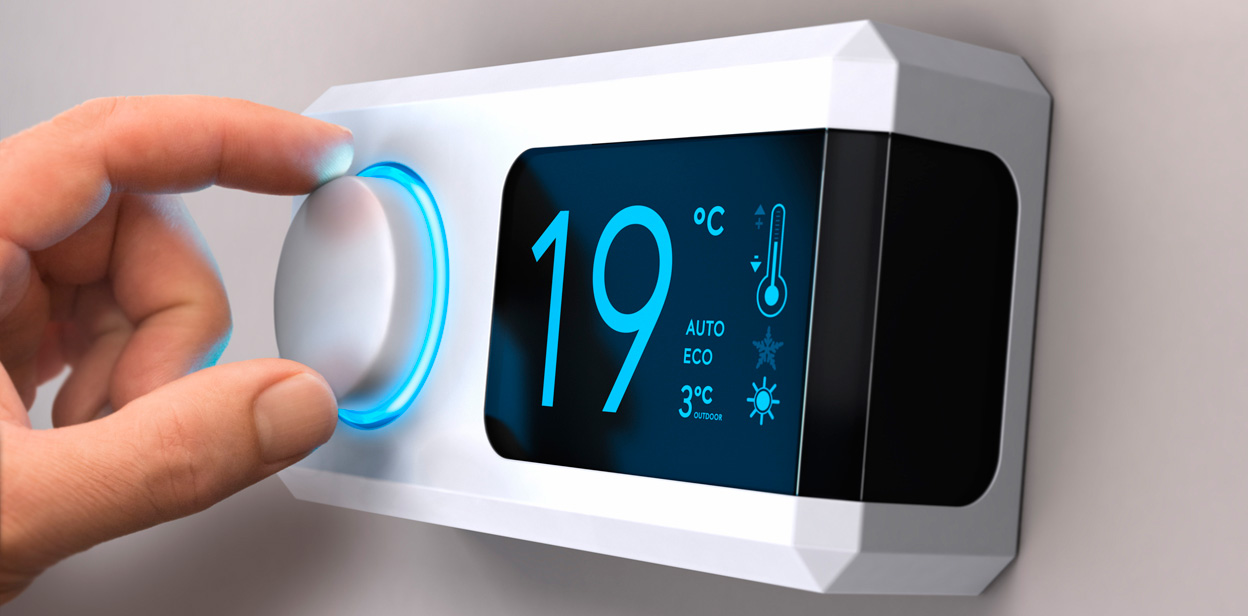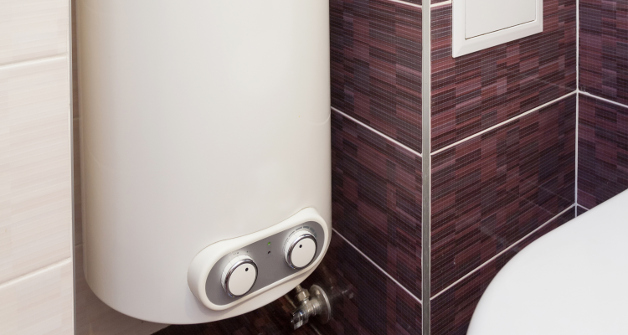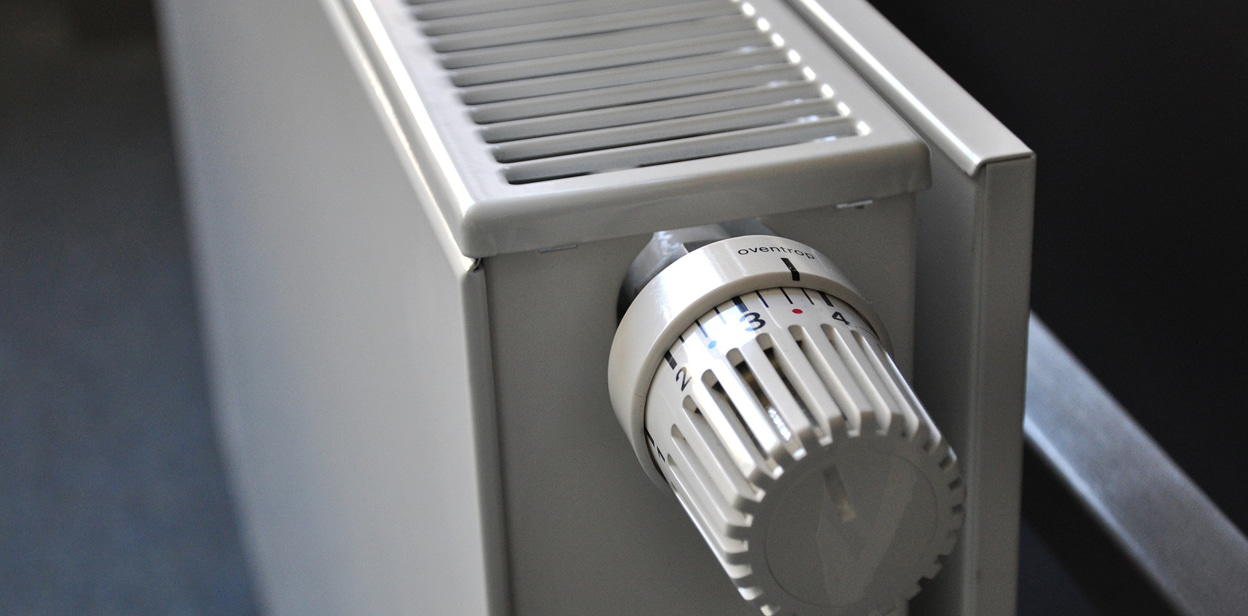The electric heater is one of the most common methods to obtain hot water in homes . But before installing one, you should think about whether it is right for you and what type of heater you need.
Installation of an electric heater is quick, simple and inexpensive, which explains why it is so popular. But before deciding on this system, you need to answer two questions.
- Which option is right for you?: although it varies according to the weather, hot water comprises about 25% of a home's energy expense. Therefore, it is important to ascertain whether an electric or gas water heater or a boiler is best for your home. In this post, we analyse each option one by one , but the quick conclusion is that electric water heaters are the best option where there is no natural gas outlet and in secondary residences.
- If the heater is your option, what type of heater should you choose? Keep reading to find the answer to this question.
Hot water comprises about 25% of a home’s energy expense
How does an electric hot-water heater work?
Few systems are simpler than that of the electric hot-water heater. It has hot water tanks with one connection to the water network and another to the power grid. On reaching the tank, the water comes into contact with an electrical resistance heating element inside that heats it.
The heater keeps the water at the set temperature and only has difficulty when all of the water from the tank is used up. Two practical items of information to live with an electric hot-water heater and to shower without worry:
- In a “normal” shower, approximately 30 litres of water are used. Compare this figure with the capacity of your heater in litres to give you an idea of how many showers can be taken without problems.
- When the water runs out, the heater has to refill and heat the entire capacity of litres. The length of this process varies according to the model, but it can vary between one and three hours.
How to choose the capacity of an electric hot-water heater
The electric hot-water heater has many advantages (quick and inexpensive installation, it fits into any space, hardly requires any maintenance) but has one big limitation: when the hot water runs out, you have to wait.
That is why it is essential to choose the right capacity for your heater. To the 30 litres for a shower, you should add some 10 litres per day for the bathrooms.
- If you live alone, a 30-litre hot water heater may be sufficient (although a 50-litre one will work more smoothly).
- For two residents, a 50 or 80-litre heater is recommended.
- Three or four residents need a 100-litre heater or larger.
- For more than four residents, you will need to opt for a 200 or 300-litre water heater: in this case, the size of the heater cancels out the advantage of fitting into any space since we are talking about heaters that are practically two meters in length.
You typically use 30 litres of water for a shower. Use this data to calculate how much capacity you need in your electric hot water heater
How to select the rating of a hot water heater
Other crucial data when selecting a hot water heater is your maximum rating. The higher the rating, the faster it will heat the water and with a lower rating, you will have to wait when the tank runs out.
Therefore, the tip would be to first select the capacity that you need and then the model with the highest rating that you can find for that capacity. But this tip has a limit, because if your contracted power is low, a powerful water heater may “blow a fuse”.
Water heater ratings go from 1,000 W (=1kW) to 2,500 W (=2.5kW). This is not to say that if you have contracted power of 3.5 kW it is appropriate to install a 2,500 W water heater. If you do, the heater may not function at the same time as the washing machine or dishwasher. To avoid these inconveniences, you probably need to contract more electrical power.
In this content we explain the power rating that your home needs.
How to choose the resistance of an electric water heater
The heater's electrical resistance heating element is one of the most relevant parts, since it transmits heat to the water. The problem is the limescale that adheres to the resistance element, which can make it less effective over time.
That is why you must choose a type of resistance element according to the hardness of the water. In Spain, water with medium to high levels of hardness predominate (with very high levels in the Barcelona-Tarragona-Castellón region). However, many territories have soft water: Madrid, Galicia, Asturias, Toledo, Cáceres, Ávila, Salamanca, Valladolid, Zamora and León.
In terms of this, you must select between:
- Sheathed element: heats the water very quickly, but is vulnerable to lime. Only advisable in soft water.
- Ceramic sheathed element: Takes longer to heat the water, but it does not enter into direct contact with the water. Highly recommended in water with medium, high or very high level of hardness.
Four tips to saving energy with an electric water heater
Besides its capacity limits, the great disadvantage of the heater is its high electric power consumption. In fact, in very cold climates, it is unlikely to be the most profitable option, since it will heat the water, but at the cost of raising the power bill a lot.
Your heater will consume electricity to operate, but there are ways to control the expense:
- Models with insulating materials: highly recommended, reduce the electrical consumption by 40% by impeding the cooling of the stored water.
- Models with maximum energy efficiency: in this content we explain everything you need to know about the energy label on appliances
- .
- Programmable models: activate only when you need hot water, with the resistance element remaining off during the rest of the day. Allow a savings of up to 20%, but if you have an unforeseen event (for example: a quick shower that you had not planned), the water will be cold.
- Electrical rate that suits you: is likely that the bulk of your hot water consumption is concentrated in a few hours (basically showers, baths, washing machine and dish-washing). If that is the case, you need a rate that allows you to select the hours in which you pay nothing for power. This rate exists: Endesa's Happy Hour Rate.
If your hot water depends on an electric hot-water heater, you need a rate that offers you some hours of free power.










